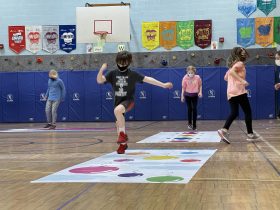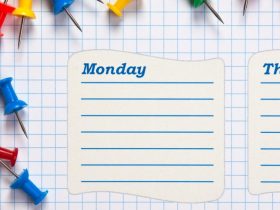Experienced students and teachers are aware of the fact that strategic learning is a sum of three major components, and self-regulation is one of them. Hence, it is safe to say that strategic learners are true self-regulated learners. It means they know how to master time management skills, keep close tabs on their learning, analyze the output of their investment, and approach learning in an organized way. Self-regulated learners have the habit of taking accountability of their own learning, set their goals, create the roadmap to conquer the goals, gauge their progress, and eventually, evaluate the end product.
Consider the example of a thermostat to understand the role and impact of self-regulated learners better. A normal thermostat tends to normalize the temperature in the room or house by adjusting the temperatures of the cooling and heating unit in accord with the preferred temperature. Pretty much similarly, a student will set the goals taking a particular subject, topic, assignment, etc., choose the best strategies at disposal, and then monitor his or her performance or progress in relation to the goal.

Self-Regulated Learning
However, if the results are not as expected, then the student can rewind back to the process and see what changes could be incorporated to steer the course of output. Perhaps a different strategy, or the study material might have required more time.
Consider another example of professional assignments writers hired to cater different kinds of coursework projects. The writing experts will set the goal of your project, monitor the progress and keep the client updated, and evaluate the completed writing piece, all for the client to state if any changes are required—all the important aspects of the self-regulated learning process.
How to Become a Self-Regulated Learner?
In order to become a true self-regulated learner, ask yourself the following questions:
- Do you create goals before settling down for your study session?
- Do you decide what time to invest on a particular writing assignment?
- Do you break larger topics or chapters in small, bite-sized chunks?
- Do you stop in your reading session to gauge your comprehension capacity?
- How well can you remember what you must have just read from course textbook?
- Do your conduct self-assessment by asking questions before the exam to see how well have you prepared?
Your responses to the above questions are highly vital in order to see how better you are as a self-regulated learner, and what more could be done to bring the intended change.











